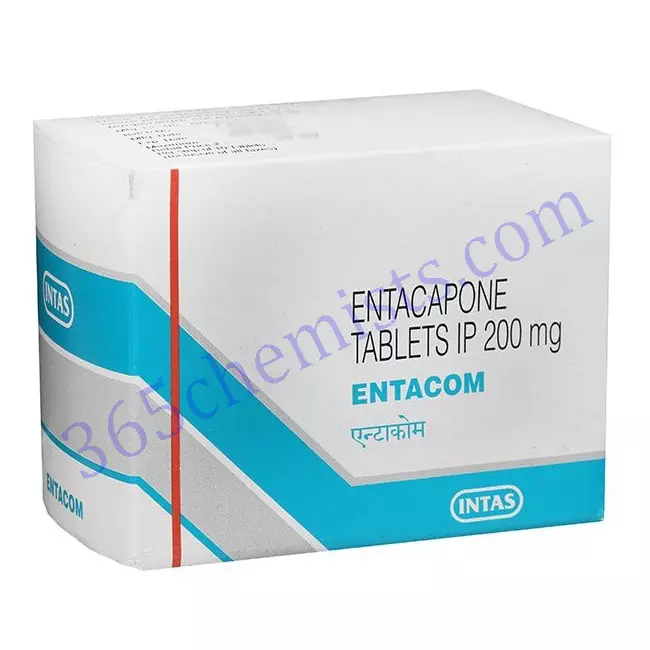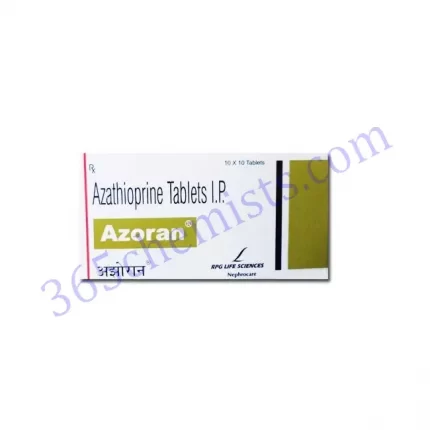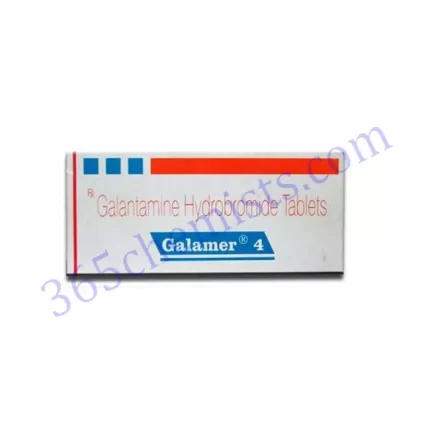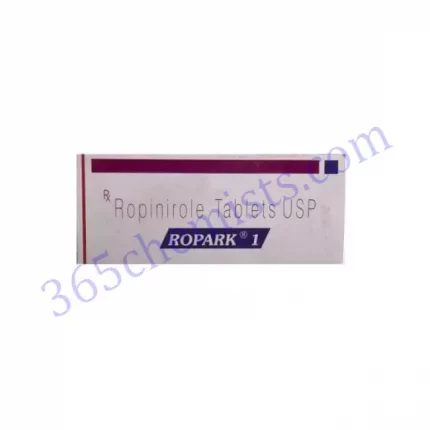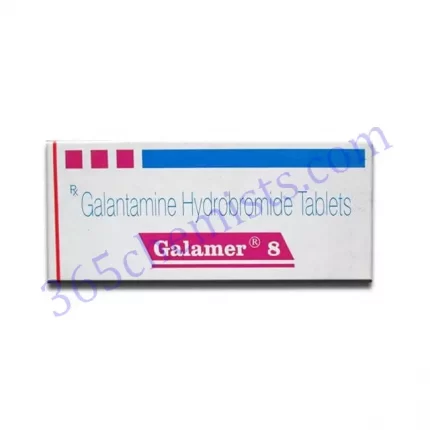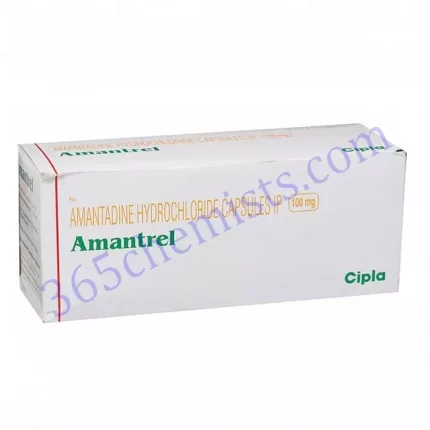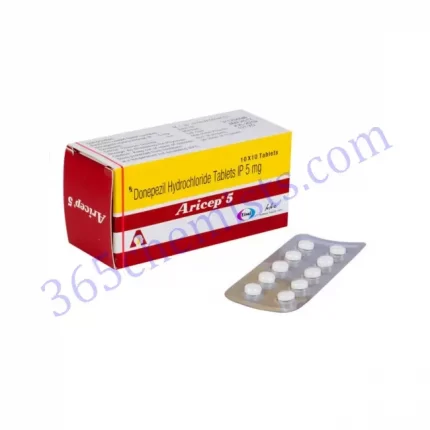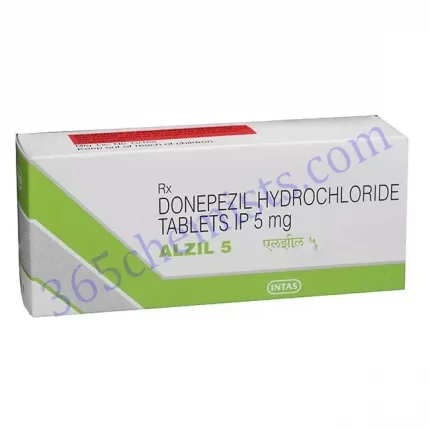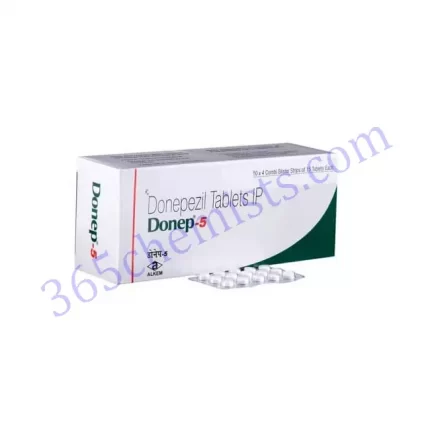Introduction
A medication known as Entacom 200 Tablet, which contains 200mg of the active ingredient entacapone, is available. In the treatment of Parkinson’s disease, it is most commonly employed as an adjunctive therapy to the administration of levodopa and carbidopa. Entacom 200 contributes to an improvement in motor symptoms and lengthens the time that levodopa is effective in treating the disease. In this piece, we will discuss the applications of the Entacom 200 Tablet, as well as its dosage, potential adverse effects, and safety precautions.
Uses of Entacom 200 Tablet
The primary application for the Entacom 200 Tablet is in the administration of treatment for Parkinson’s disease. It is specifically recommended for use as an adjunct to treatment with levodopa and carbidopa. This medicine is effective because it blocks an enzyme called catechol-O-methyltransferase (COMT), which is responsible for the breakdown of levodopa in the body. By inhibiting this enzyme, Entacom 200 helps increase the amount of levodopa that is available to patients with Parkinson’s disease. This, in turn, prolongs the drug’s therapeutic effects, which in turn reduces motor fluctuations and improves overall symptom control in these patients.
Dosage and Administration
It is possible for the dosage of an Entacom 200 Tablet to change depending on individual patient factors as well as the particular treatment plan that has been recommended by a medical professional. It is critical to ensure that the dosage instructions provided by your physician are adhered to. In most cases, the recommended starting dose of levodopa/carbidopa is one tablet containing 200 milligrammes (mg) to be taken along with each dose. The maximum daily dose that is recommended is 1,600 mg, which is equal to eight tablets. According to the instructions provided by the medical professional, the tablets may be taken either with or without food.
Related Product
Entacom 200 Tablet
Entacom Plus 50mg Tablet
Entacom Plus 150mg Tablet
Precautions and Safety Considerations
Before beginning treatment with Entacom 200 Tablet, it is essential to discuss any preexisting medical conditions, allergies, or medications that you are already taking with your healthcare provider. When taking this medication, there are a few important safety measures that must be observed:
- You should not take Entacom 200 if you have a history of hypersensitivity or allergy to entacapone or any of the other ingredients that are contained in the tablet. If you have this condition, you should avoid taking the medication. Talk to your primary care provider about other potential treatment options.
- Entacom 200 Tablet needs to be metabolised in the liver if you have liver disease. Therefore, it is important to exercise caution when treating patients who have liver impairment, and an adjustment to the dosage may be required.
- Interaction with Other Medications: There is a possibility of an interaction between Entacom 200 and other medications, such as MAO inhibitors, tricyclic antidepressants, and certain psychiatric medications. Your healthcare provider needs to be aware of all the medications you are currently taking in order to prevent dangerous drug interactions.
- Entacom 200 Tablet Use During Pregnancy and Breastfeeding: It has not been determined whether or not this medication is safe to use during pregnancy or breastfeeding. If you are pregnant, breastfeeding, or have plans to become pregnant, it is imperative that you discuss the use of this medication with your attending physician prior to beginning treatment.
Side Effects
Entacom 200 Tablet, like any other medication, has the potential to cause adverse effects in some patients. The following are examples of common adverse effects:
Nausea
Diarrhea
Abdominal pain
Dizziness
(Dyskinesia) is a medical term that refers to abnormal involuntary movements.
The medical term for low blood pressure when standing is orthostatic hypotension.
These adverse effects are typically mild in nature and short-lived. However, if they continue or get worse, it is imperative that you speak with your healthcare provider in order to receive additional direction.
Interactions with Other Medications
There is a possibility of adverse interactions between Entacom 200 Tablet and the following medications:
- Inhibitors of Monoamine Oxidase (MAOIs): Using Entacom 200 in conjunction with MAOIs may increase the risk of hypertensive crisis. If you are currently taking MAOIs or have taken them in the recent past, it is essential to let your healthcare provider know.
- Entacom 200 has the potential to potentiate the effects of tricyclic antidepressants, which could result in increased sedation and other adverse effects. When taking both of these medications at the same time, careful monitoring is required.
- Entacom 200 has the potential to interact with a number of psychiatric medications, including selective serotonin reuptake inhibitors (SSRIs) and serotonin-norepinephrine reuptake inhibitors (SNRIs), which could increase the risk of serotonin syndrome. Your primary care physician or other healthcare provider ought to be aware of any and all psychiatric medications that you are currently taking.
- It is essential to provide your healthcare provider with a comprehensive list of all of the medications you are currently taking, including those obtained by prescription, those obtained without a prescription, and any herbal products you may be taking.
Conclusion
Entacom 200 Tablet is a medication that is used as an adjunctive therapy in the treatment of Parkinson’s disease. This medication contains the active ingredient entacapone and is available in tablet form. It accomplishes this by inhibiting the enzyme COMT, which in turn boosts the effects of levodopa and makes it easier for Parkinson’s patients to keep their symptoms under control. It is essential to take the medication in the exact quantity that your doctor has recommended and to take all of the safety precautions that your doctor has outlined. If you experience any side effects that make you concerned or if you have any additional questions, you should consult your doctor for individualised advice and direction.

